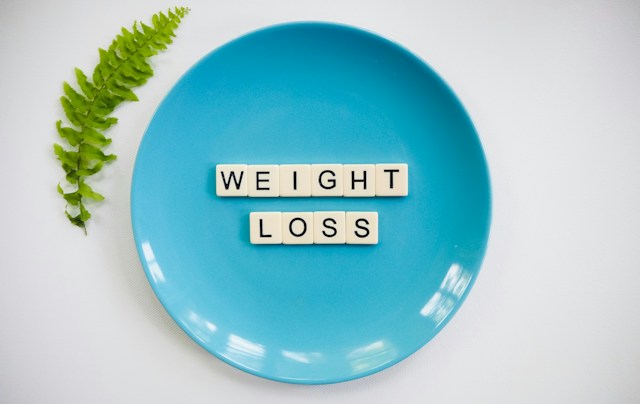Nutrition:
Nobody likes getting old.
People often make stereotypes about millennials and often fuse the millennial and Gen Z generations despite their cultural differences and the times they grew up in. Most experts agree that millennials are from 1980 to the mid 1990’s, but some contend that millennials go up to the late 1990’s; regardless, experts agree that Generation Z starts at earliest in the mid 1990’s and extends to the late 2000’s.
If you’re getting old, it’s a sign that you’ve done just enough right to make it this far. That said, you might as well make the most of getting to that age. So what can millennials do to make people think they’re Gen Z?
There are many ways to look younger than you are; maybe — just maybe — you can trick others into thinking you’re still in your prime. All of these ways involve taking care of yourself. Starting off with the basics, refrain from smoking or being around smoking (that goes for vaping too), practice good hygiene and practicing other forms of self-care for the mind, body and soul. If you want to look like these 12 celebrities for their age, take into account the methods listed here and also see what they do.
Source: Elite Daily (see link above)
While there are many methods to practicing self-care — and thus to look younger — we will consider the impacts of nutrition on the aging body.
The first and perhaps most obvious healthy habit in terms of nutrition is to stick to a diet. Cut the fast food out for fruits, vegetables and protein. Having trouble sticking to a diet? Consider these 4 ways to maintain a good diet. Also, not all diets are created equal. Whether you’re focused on weight loss, fruits and vegetables, muscle gain or a combination of those mentioned, consider which diet is most beneficial for your needs.
A major determination of aging well is the appearance of your skin. Do you have a lot of wrinkles or acne? Is your skin at unnaturally oily levels? Are you prone to skin diseases? If any of these are a cause of concern or a focus for you, consider visiting a dermatologist.
Now, let’s think about the impact of dieting and nutrition on the skin. Samaritan Health Services cites studies indicating that the “vitamins, minerals and antioxidants present in foods like fruit, vegetables and healthy fats are consistently associated with fewer wrinkles and less age-related dryness.” Samaritan also reports that no study has been able to single out a “bad food” that has contributed to acne or wrinkles. However, they do recommend a mind, body, soul approach to taking care of your skin. As mentioned, this involves creating a healthy diet and engaging in personal hygiene.
Health experts must continue to emphasize the importance of self-care for all aspects of individual health. While genetics and other factors can deal someone “a bad deck of cards,” individuals are ultimately responsible for their health.


